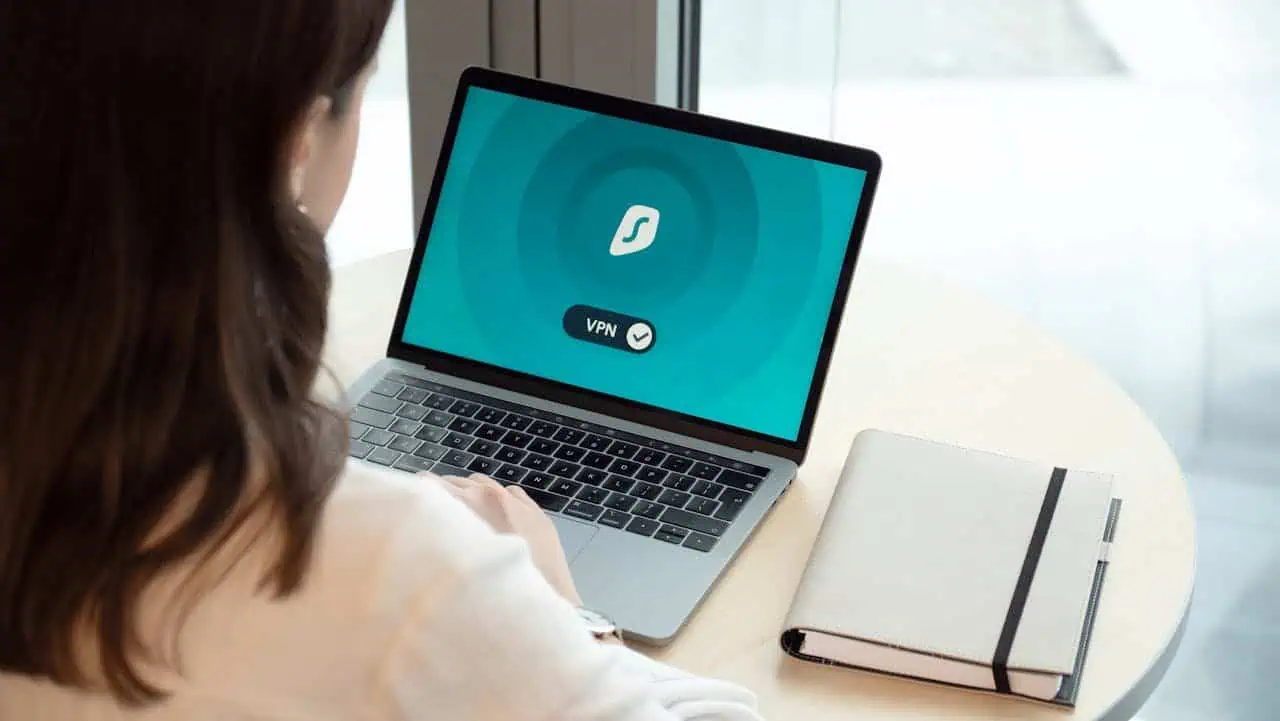Freelancers operate in a unique position in the digital economy. Our work often involves dealing with sensitive client information, accessing global resources, and navigating remote collaboration tools. A Virtual Private Network (VPN) has emerged as an essential tool for freelancers, offering numerous benefits that go beyond merely securing internet connections. Here’s an in-depth look at the advantages of using a VPN as a freelancer.
1. Enhanced Security for Client Data
One of the primary benefits of a VPN is enhanced security. Freelancers often work with confidential client data, including financial records, intellectual property, and strategic documents. A VPN encrypts your internet traffic, ensuring that sensitive information remains protected from cybercriminals, particularly when you use unsecured public Wi-Fi networks in cafes, coworking spaces, or airports. It can also protect your identity by shielding your location and IP address, see here for more. This encryption shields your data from interception, giving you peace of mind that your communications and file transfers are safe.
2. Bypassing Geographical Restrictions
Freelance workers often collaborate with clients from around the globe. In some cases, geographical restrictions may limit your access to specific websites, services, or content necessary for a project. A VPN allows you to connect through servers in different countries, bypassing these restrictions and ensuring uninterrupted access to essential tools and resources. This is particularly useful if you work in content creation, market research, or software testing, where global accessibility is crucial.
3. Maintaining Privacy
A freelancer typically relies on multiple online platforms to manage their work, from project management tools to payment gateways. Using a VPN helps maintain your privacy by masking your IP address and preventing online activities from being tracked. This anonymity is particularly valuable in a world where data privacy concerns are growing. You can conduct your work without fear of being targeted by intrusive ads, trackers, or potential identity theft.
4. Competitive Edge in Remote Work
For any freelancer, competition can be fierce. A VPN offers a competitive edge by enabling you to access region-specific opportunities. For example, you can research job boards or marketplaces that cater to particular countries or regions by connecting to a server in that area. Additionally, VPNs can help you test website or app functionality in various locations, making you more valuable to clients with global audiences.
5. Cost Savings on Software and Services
A lesser-known benefit of VPNs is their ability to unlock cost savings. Many software companies and online services offer different pricing structures based on geographic location. You can use a VPN to connect to servers in countries where subscriptions or tools may be more affordable. This can lead to significant savings on essential software, particularly if you require premium tools for graphic design, video editing, or programming.
6. Securing Remote Team Collaboration
Many freelancers work as part of distributed teams. Using a VPN ensures that collaborative platforms like Slack, Zoom, or shared cloud drives remain secure. This added layer of security is particularly important when you share files, discuss projects, or attend virtual meetings. It also demonstrates your professionalism and commitment to security, which can enhance client trust.
7. Stability and Reliability
As a freelancer, you often work on tight deadlines, making a stable and reliable internet connection essential. Some internet service providers (ISPs) may throttle bandwidth for certain activities, such as video calls or file uploads. A VPN can bypass these restrictions, providing you with consistent performance regardless of your ISP’s policies. This ensures smooth operations and uninterrupted workflow, even during high-demand periods.
8. Protecting Against Cyber Threats
Freelancers are a prime target for cyberattacks, as you often lack the robust IT infrastructure of larger organizations. A VPN acts as a first line of defense against malware, phishing attempts, and other online threats. Many VPN services include additional features like ad-blocking and malware protection, further enhancing your security toolkit.
9. Flexibility and Mobility
As a freelancer, you value flexibility, and a VPN complements this lifestyle. Whether you work from a beach in Bali, a bustling city in Europe, or a rural village, a VPN ensures that you can access your work securely. This mobility empowers you to embrace the freedom of remote work while maintaining the same level of professionalism and security as in a traditional office setting.
10. Building Client Trust
Finally, using a VPN demonstrates to your clients that you take cybersecurity seriously. In an era where data breaches are rampant, clients are increasingly concerned about how their information is handled. By investing in a VPN, you showcase your commitment to safeguarding client data, which can be a deciding factor in winning projects and building long-term relationships.
Conclusion
For freelancers, a VPN is more than a luxury; it’s a necessity. It offers enhanced security, global accessibility, cost savings, and privacy while providing a competitive edge in the marketplace. By incorporating a VPN into your workflow, you can navigate the digital landscape with confidence, ensuring your work remains secure, efficient, and professional.

